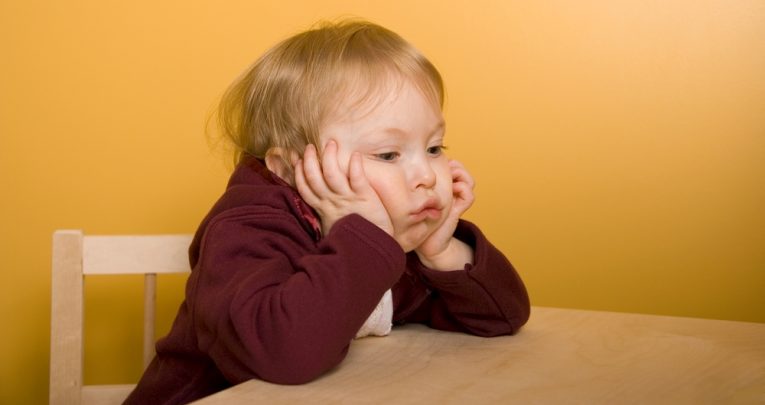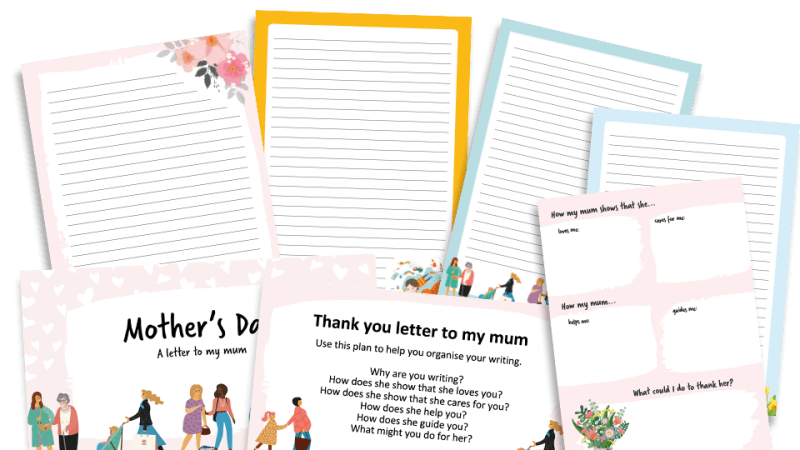No Place To Play – What Settings Can Do For Children Without A Space Of Their Own

When children lack outdoor spaces to call their own, it’s up to early years settings to fill the void, says Juno Hollyhock…

- by Juno Hollyhock
- Consultant and former executive director of Learning Through Landscapes

‘Home time’ is, for many of us, something to look forward to. For working adults exiting the office at the end of a hard day and small children clasping paint-wet pictures to their chests and stumbling towards their coat pegs alike, it signifies warmth and a feeling of comfort.
But recent figures suggest that ‘home’ isn’t always all it’s cracked up to be. At the end of June 2015, 66,980 individuals or families were registered as having no home of their own. More than 2,500 families with children were living in bed and breakfast or hostel accommodation, 25% more than in the previous year. What does this mean for our youngest and most vulnerable? The stark reality is that they are going ‘home’ to a space that is not their own, and has little or no consistency for them. It is often a single room with shared facilities. People who they don’t know (and may well be frightened of) are coming and going, sometimes through the night.
No private bathroom. No bedroom of their own. No kitchen in which to make cakes or have a favourite meal cooked and eaten. Often they’ll have no access to any safe outdoor space.
How settings can help
This can lead to all sorts of issues within an early years setting, from fear of the unknown or new adults, to behavioural problems and a reluctance sometimes to go home at the end of the day. There isn’t always much that a setting can do to directly support families who find themselves in this position – but we can do some simple things to try to help children. Encourage them to get outside as much as possible while they are with you If you know that children are living in shared accommodation with no access to outdoor space, this will help with their health and wellbeing while giving them access to nature and the chance to play with lots of space around them. Try to create cosy and safe spaces outside with them Build dens that can be left up for as long as they wish; this may be the only control over space they have. Help them to engage with the design of some of the outside spaces, even if their ideas aren’t always the best ones. Give them the chance to create their own sense of place and location in a way that a child with a bedroom of his or her own might. Use the outside space to encourage communication Sometimes, walking alongside a child without direct eye contact can help him to open up about issues that are worrying him. Allow children to use loose natural parts to create their own non-directed play experiences; they may be in very restricted quarters at home, with no room, or time, for play – give them big opportunities while they are with you. Create outside spaces that are beautiful Patches of flowers, pieces of artwork perhaps, can help inspire the imagination and give children something to talk about at home. Grow flowers for picking and allow children to take them home with them. Base activities around food cultivation and nutrition Healthy eating is often challenging for those who live in restricted spaces, so think about how your setting’s vegetable plot could help. Children love to take home things they have grown, and if this helps with their healthy eating, then all the better. Consider allowing families to use your outdoor spaces Is there some way that your setting can make your outside space available to families living in small rooms without any? Could they come and help grow things and keep the outside space maintained, enjoying it as they go along – maybe as part of a parents’ volunteering scheme? Everyone’s circumstances are different, but there is no doubt that living in temporary accommodation is incredibly unsettling for children and their families. Using your outside space to, in some small way, try and alleviate some of the distress can only be a good thing.
Juno Hollyhock is Executive Director of Learning Through Landscapes, a UK charity dedicated to enhancing outdoor learning and play for children; for more information, visit ltl.org.uk or follow @ltl_outdoors










